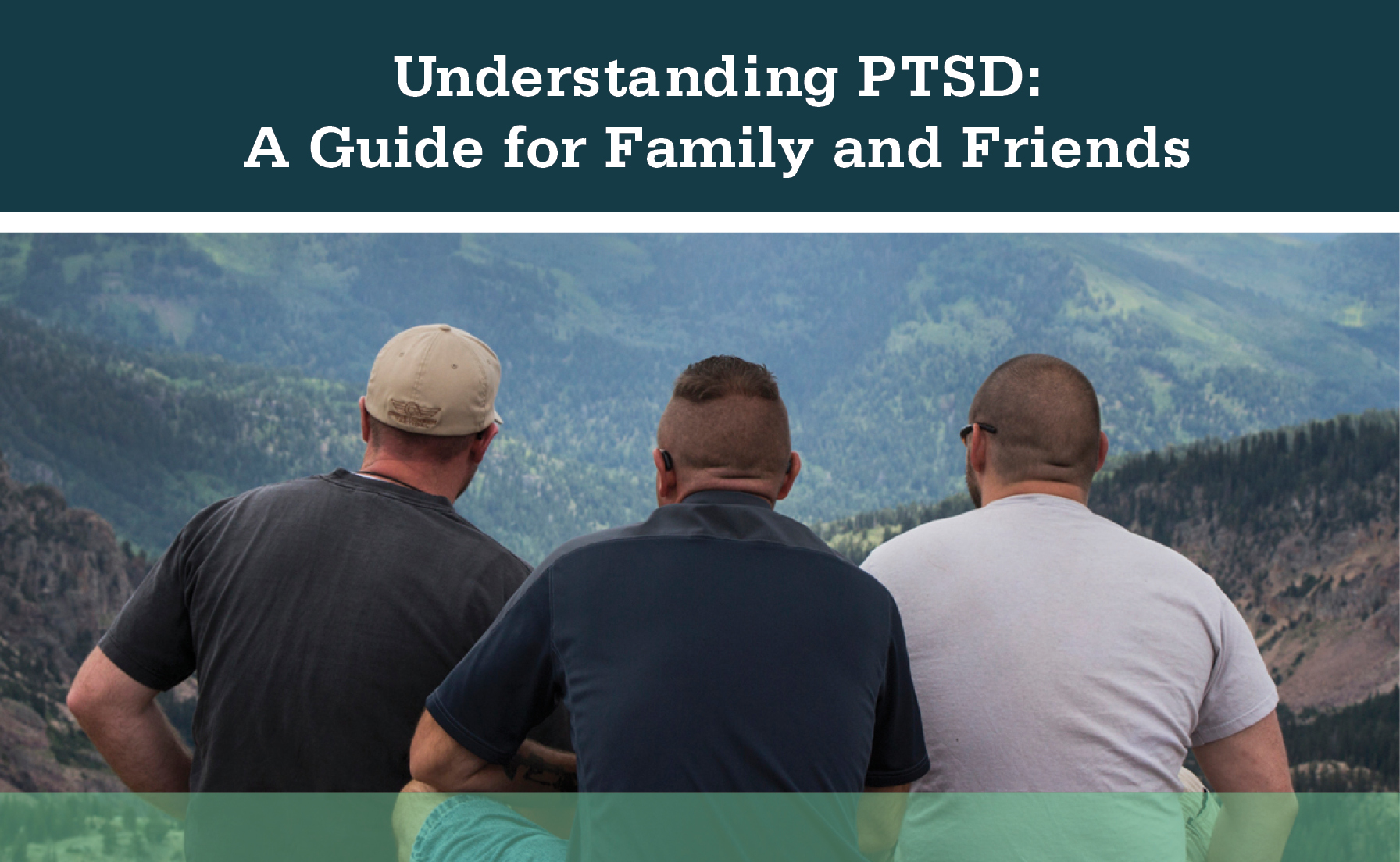“We finally made the choice to go up to the VA. I told him I wasn't going to let him go through anything by himself.”
Crystal Lindsey
Family Member
Available en Español
PTSD may be hard on your family. The symptoms and changes PTSD cause in one person impact all of you. Learn ways to support someone who has PTSD and how to manage your own self-care.
Reading time: minutes
When someone has PTSD, it can change family life. The person with PTSD may act differently and get angry easily. Your loved one may not want to do things you used to enjoy together.
You may feel scared and frustrated about the changes you see in your loved one. You also may feel angry about what's happening to your family, or wonder if things will ever go back to the way they were. These feelings and worries are common for people who have a family member with PTSD.
It is important to learn about PTSD so you can understand why it happened, how it is treated, and what you can do to help. You also need to make time to take care of yourself. Changes in family life are stressful, and taking care of yourself will make it easier to cope.
You may feel helpless, but there are many things you can do. Nobody expects you to have all the answers.
Here are ways you can help:
Your family member may not want your help. If this happens, keep in mind that withdrawal — or pulling away — can be a symptom of PTSD. A person who withdraws may not feel like talking, taking part in group activities, or being around other people. Give your loved one space, but also say that you will be ready to help at another time.
Your family member may feel angry about many things. Anger is a normal reaction to trauma, but it can hurt relationships and make it hard to think clearly. Anger also can be frightening.
If anger leads to violent behavior or abuse, it's dangerous. Go to a safe place and call for help right away. Make sure children are in a safe place as well.
It's hard to talk to someone who is angry. One thing you can do is set up a time-out system. This helps you find a way to talk even while angry. Here are some tips on how to do this:
While you are taking a time-out, don't focus on how angry you feel. Instead, think calmly about how you will talk things over and solve the problem.
You and your family may have trouble talking about feelings, worries, and everyday problems. Here are some ways to communicate better:
If your family is having a lot of trouble talking things over, consider trying family therapy. Family therapy is a type of counseling that includes your whole family. A therapist helps you and your family communicate, maintain good relationships, and cope with tough emotions.
During therapy, each person can talk about how a problem is affecting the family. Family therapy can help family members understand and cope with PTSD.
Your health professional or a religious or social services organization can help you find a family therapist who specializes in PTSD.
Helping someone with PTSD can be hard on you. You may have your own feelings of fear and anger about the trauma. You may feel guilty because you wish your family member would just forget all the problems and get on with life. You may feel confused or frustrated because your loved one has changed, and you may worry that your family life will never get back to normal.
All of this can drain you. It can affect your health and make it hard for you to help your loved one. If you're not careful, you may get sick yourself, become depressed, or burn out and stop helping your loved one.
To help yourself, you need to take care of yourself and have other people help you.
During difficult times, it is important to have people in your life who you can depend on. These people are your support network. They can help you with everyday jobs, like taking a child to school, or by giving you love and understanding.
You may get support from:
You May Also Be Interested In

What you need to know to help yourself and your loved one with PTSD.